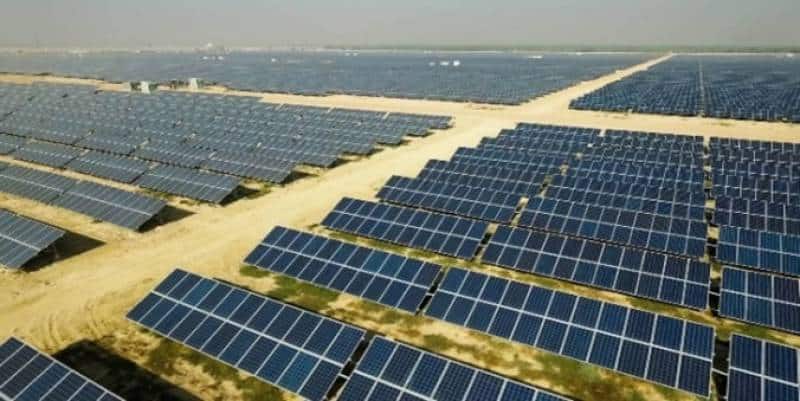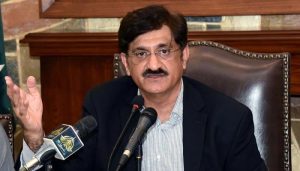In a significant move towards sustainable energy practices, the Punjab government has approved the installation of solar power systems for approximately 50,000 households across the province. This decision was made during a session held in Lahore, where Chief Minister Maryam Nawaz emphasized the importance of transitioning towards renewable energy sources to meet the growing electricity demands while reducing the carbon footprint.
During the meeting, Chief Minister Maryam Nawaz directed officials to conduct a comprehensive assessment to determine the feasibility and benefits of installing solar power systems in various households across Punjab. This initiative aligns with the government’s commitment to promoting renewable energy and reducing reliance on conventional power sources.
Eligibility
Under the approved plan, households consuming up to 100 units of electricity will be eligible to benefit from the solar system installations.
What will it Include?
Each solar system package will include two solar panels, batteries for energy storage, an inverter for converting solar energy into usable electricity, and necessary wiring for connectivity. These systems are designed to power essential appliances such as fans, lights, and small motors, providing uninterrupted electricity for up to 16 hours with battery backup.
Chief Minister Maryam Nawaz underscored the importance of empowering households with renewable energy solutions, emphasizing that the initiative would not only reduce electricity bills but also contribute to environmental conservation efforts. She highlighted the potential of solar energy to meet the energy needs of domestic consumers and reiterated the government’s commitment to gradually expand the scope of solar system installations to cover more households across Punjab.
This landmark decision reflects Punjab’s proactive approach towards embracing clean energy technologies and fostering a sustainable future for its residents. By harnessing the power of sunlight, the government aims to mitigate the burden on conventional energy sources, promote energy independence, and pave the way for a greener and more resilient Punjab.














